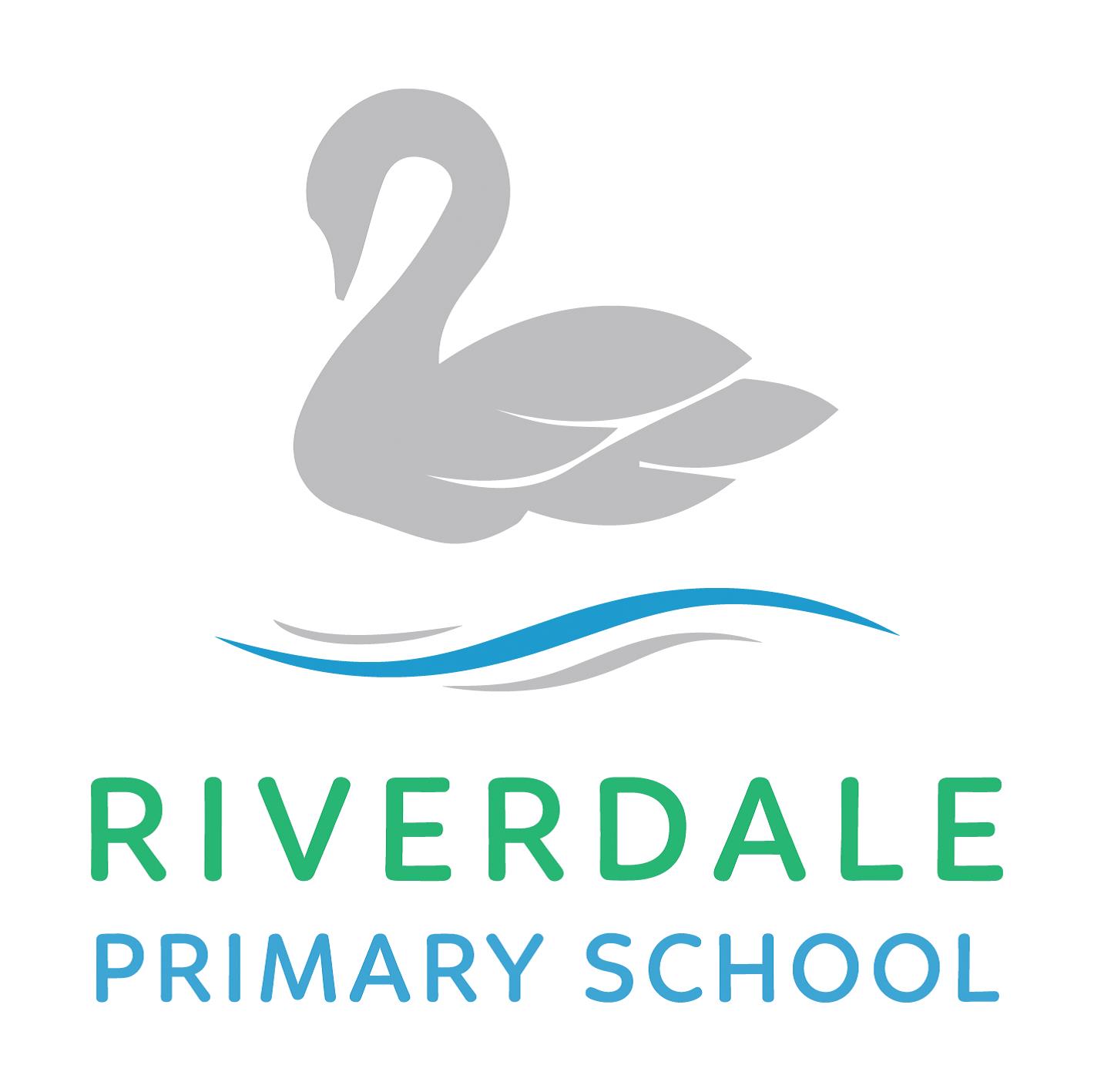Computing
Through our teaching of Computing, we aim to develop
- Competence in coding for a variety of practical and inventive purposes, including the application of ideas within other subjects.
- The ability to connect with others safely and respectfully, understanding the need to act within the law and with moral and ethical integrity.
- An understanding of the connected nature of devices.
- The ability to communicate ideas well by using applications and devices throughout the curriculum.
- The ability to collect, organise and manipulate data effectively.
We will do this by giving children the opportunity to develop their computing skills across the curriculum in the following ways.
Key Stage 1
Write and test simple programs. Use logical reasoning to predict the behaviour of simple programs.
Organise, store, manipulate and retrieve data in a range of digital formats.
Communicate safely and respectfully online, keeping personal information private and recognise common uses of information technology beyond school.
Key Stage 2
Design and write programs that accomplish specific goals, including controlling or simulating physical systems; solve problems by decomposing them into smaller parts. Use sequence, selections and repetition in programs; work with variables and various forms of input and output; generate appropriate inputs and predicted outputs to test programs.
Use logical reasoning to explain how a simple algorithm works, detect and correct errors in algorithms and programs.
Understand computer networks including the internet; how they can provide multiple services, such as the world wide web; and the opportunities they offer for communication and collaboration.
Describe how internet search engines find and store data; use search engines effectively; be discerning in evaluating digital content; respect individuals and intellectual property; use technology responsibly, securely and safely.
Select, use and combine a variety of software (including internet services) on a range of digital devices to accomplish given goals, including collecting, analysing, evaluating and presenting data and information.
Please click on the link below for the computing long term plan.




